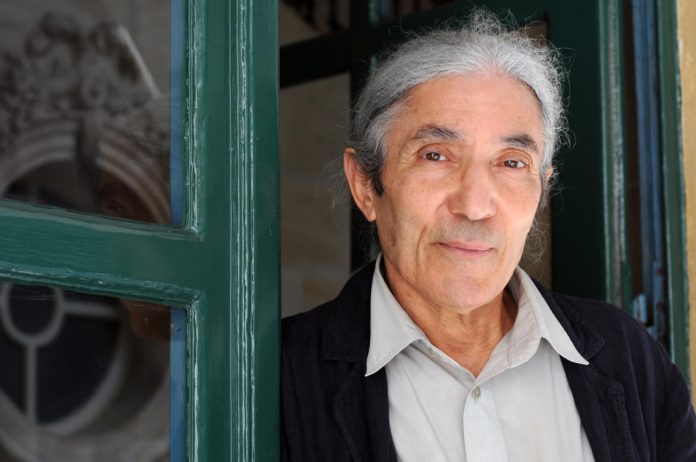An Algerian appeals court has upheld a five-year prison sentence against Franco-Algerian writer Boualem Sansal, deepening an already tense diplomatic rift between Algeria and France. Sansal, 80, has now spent more than seven months behind bars, following a controversial conviction linked to comments he made last year in a far-right French media outlet.
In a quiet but firm announcement made in French, the presiding judge confirmed the lower court’s ruling and informed Sansal, who stood in court during the hearing, that he has eight days to file an appeal with the Supreme Court. His newly appointed French lawyer, Pierre Cornut-Gentille, who arrived in Algiers just days earlier, declined to say whether they would pursue that option. “I have no statement to make at this stage. I need to meet with my client to discuss what comes next,” he told AFP.
Cornut-Gentille confirmed that he met with Sansal on Monday and found him to be in stable condition despite his ongoing battle with cancer.
Sansal was first sentenced in March after comments he made during an October 2024 interview with the far-right French outlet Frontières. In that interview, he said Algeria had inherited land from Morocco during the French colonial era, a statement that quickly ignited outrage in Algeria. He was charged with undermining national unity, insulting state institutions, harming the economy, and possessing material deemed threatening to public order.
The French government, which has been calling for Sansal’s release for months, responded to the latest court ruling with sharp criticism. Paris labeled the verdict “incomprehensible and unjustified” and again urged Algiers to show compassion, citing humanitarian grounds. “We hope he will be released and receive the medical care he needs,” read a statement from the French foreign ministry, which called for a “dignified and swift resolution.”
Both Sansal and the Algerian prosecutor’s office had appealed the initial sentence, although the state had actually been seeking a harsher punishment—ten years, the same request it made at the original trial. During the appeal hearing on June 24, Sansal defended his comments, saying he was speaking not just politically but historically. He argued that the Algerian constitution guarantees his right to free expression, adding: “France drew Algeria’s borders during the colonial era, but thankfully, after independence in 1962, the African Union declared those colonial-era borders to be fixed and unchangeable.”
Sansal’s arrest in November came just months after France formally supported Morocco’s proposal for autonomy over Western Sahara, a move that deeply angered Algiers. That decision, announced in July 2024, added fuel to an already simmering diplomatic dispute between the two countries over the disputed territory, which the United Nations still classifies as non-autonomous. Algeria backs the Polisario Front, a separatist group that has fought Morocco over the region for decades.
Since then, ties between Paris and Algiers have deteriorated to levels not seen in recent memory. Both sides have expelled diplomats, restricted travel for diplomatic passport holders, and suspended bilateral cooperation across various sectors.
In early May, the French National Assembly passed a resolution calling for Sansal’s immediate release. The resolution also warned that any move toward deeper cooperation with Algeria must be tied to its adherence to international human rights commitments. While Sansal has received widespread support in France, reactions within Algeria have been far more muted. He remains relatively unknown to the broader public there, and has received little backing from prominent figures.
Further complicating matters, some of Sansal’s past pro-Israel statements—resurfaced and widely circulated on social media—have sparked public anger in Algeria, where support for the Palestinian cause runs deep and is viewed as non-negotiable.
Repeated calls for his release, including personal appeals from French President Emmanuel Macron to his Algerian counterpart Abdelmadjid Tebboune, have so far gone unanswered. However, Sansal’s family, including his two daughters, is holding out hope that a presidential pardon might be granted in time for Algeria’s Independence Day on July 5.
French Interior Minister Bruno Retailleau, a vocal critic of the Algerian government and frequent target of its ire, joined the chorus on Tuesday, urging Tebboune to issue a pardon on humanitarian grounds during an interview on French radio.





